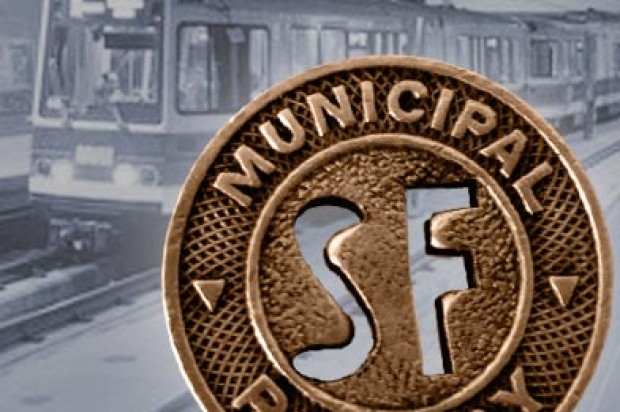
Calling the handling of recent San Francisco Municipal Railway service disruptions “unacceptable,” Supervisor Scott Wiener today called for a hearing on problems with Muni’s subway system and communication with riders.
In the wake of a Muni Metro service disruption Monday morning caused by problems with the computerized train control system, Wiener said the San Francisco Municipal Transportation Agency needs to have procedures in place for responding quickly to such problems and communicating with riders.
He cited a delay that occurred when a person was hit and killed on the tracks at the Powell Street station on the afternoon of Feb. 15, shortly before the popular Chinese New Year’s Parade, as another example of an incident that was poorly handled and poorly communicated to riders.
Wiener said it took too long to get bus shuttles into place, too long to communicate with riders and too long to restore service.
“I was caught in that meltdown along with many other people,” Wiener said.
“They made us get off at Van Ness and told us to go upstairs to catch shuttles,” he said. “When we got upstairs, there were at least a thousand people milling around with no shuttles in sight and no surface transportation at all. It was a mess.”
Muni officials issued an apology for Monday’s peak-hour service disruption, which knocked out subway service from 6:19 a.m. to 6:37 a.m. and from 7:57 to 8:33 a.m.
It occurred when the computer system that provides automated train control within the subway system failed, stopping all trains and requiring a reset before service could resume.
“The incident was inexcusable and we apologize for the severe inconvenience suffered by Muni customers,” John Haley, Muni’s director of transit, said in a statement. “We are working with the manufacturer to determine the cause of these incidents and to ensure a solution is in place.”
Muni spokesman Paul Rose called the computer failure “rare,” saying it was the first time that particular problem had occurred in years.
Rose noted that Muni’s on-time performance figures for light-rail vehicles have improved recently, from 47 percent in May to 51 percent in January.
The system has experienced an 8 percent decline in total hours of delay, from 452 hours in May to 414 hours in December, Rose said.
About 75 percent of delays are caused by vehicle mechanical failures, a problem Muni officials hope to address through ballot measures to provide funding for repairs and replacement vehicles, he said.
Customers can obtain real-time information on Muni issues during the week by following the agency on Twitter and signing up for Muni alerts at sfmta.com, Rose noted.
On the weekends, however, Rose acknowledged that the agency does not have the resources to provide real-time information. The Feb. 15 delays, which took nearly four hours to resolve, occurred on a Saturday at a time when unusual numbers of people were boarding trains for the Chinese New Year’s parade.
“We’re using that incident as a learning experience to improve how we communicate,” Rose said.
Sara Gaiser, Bay City News









